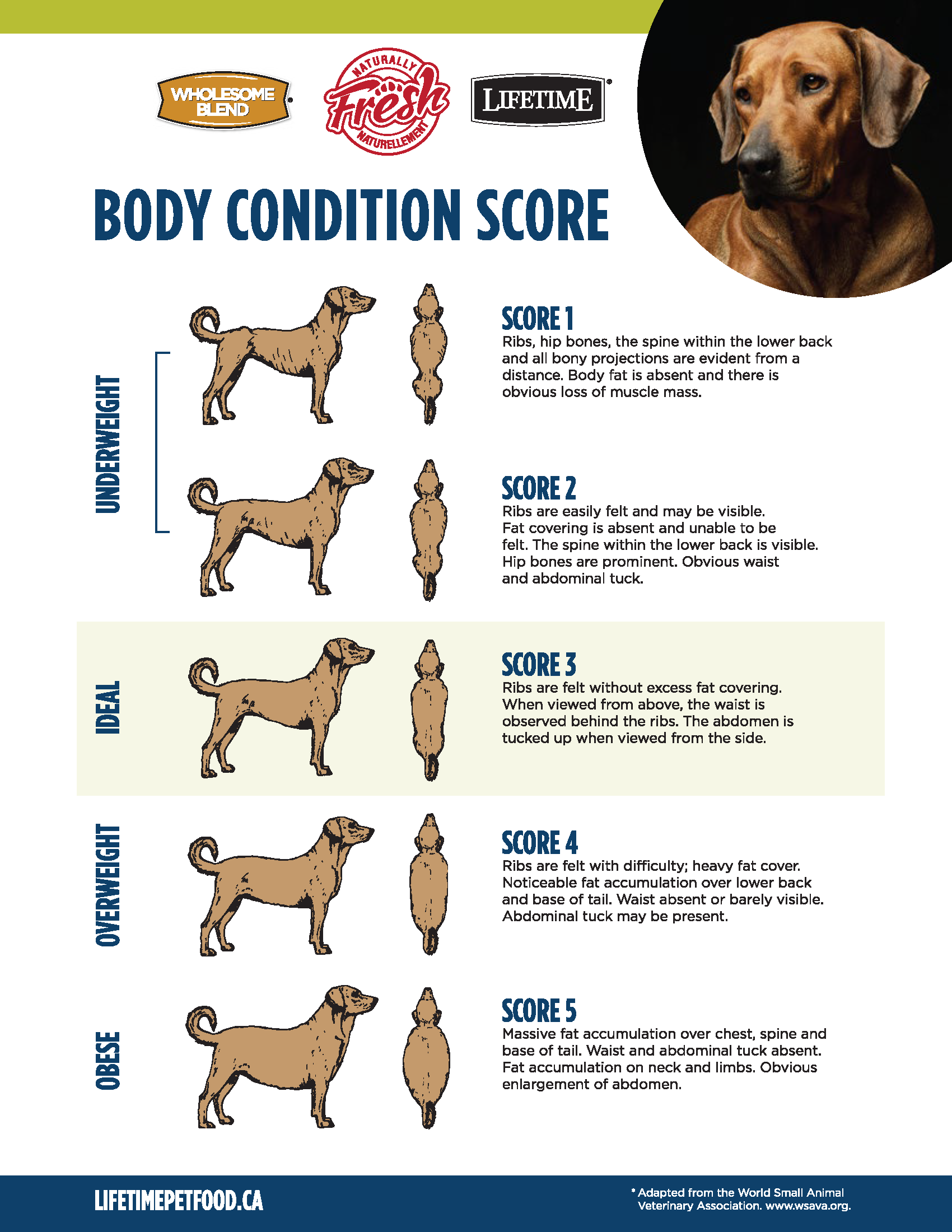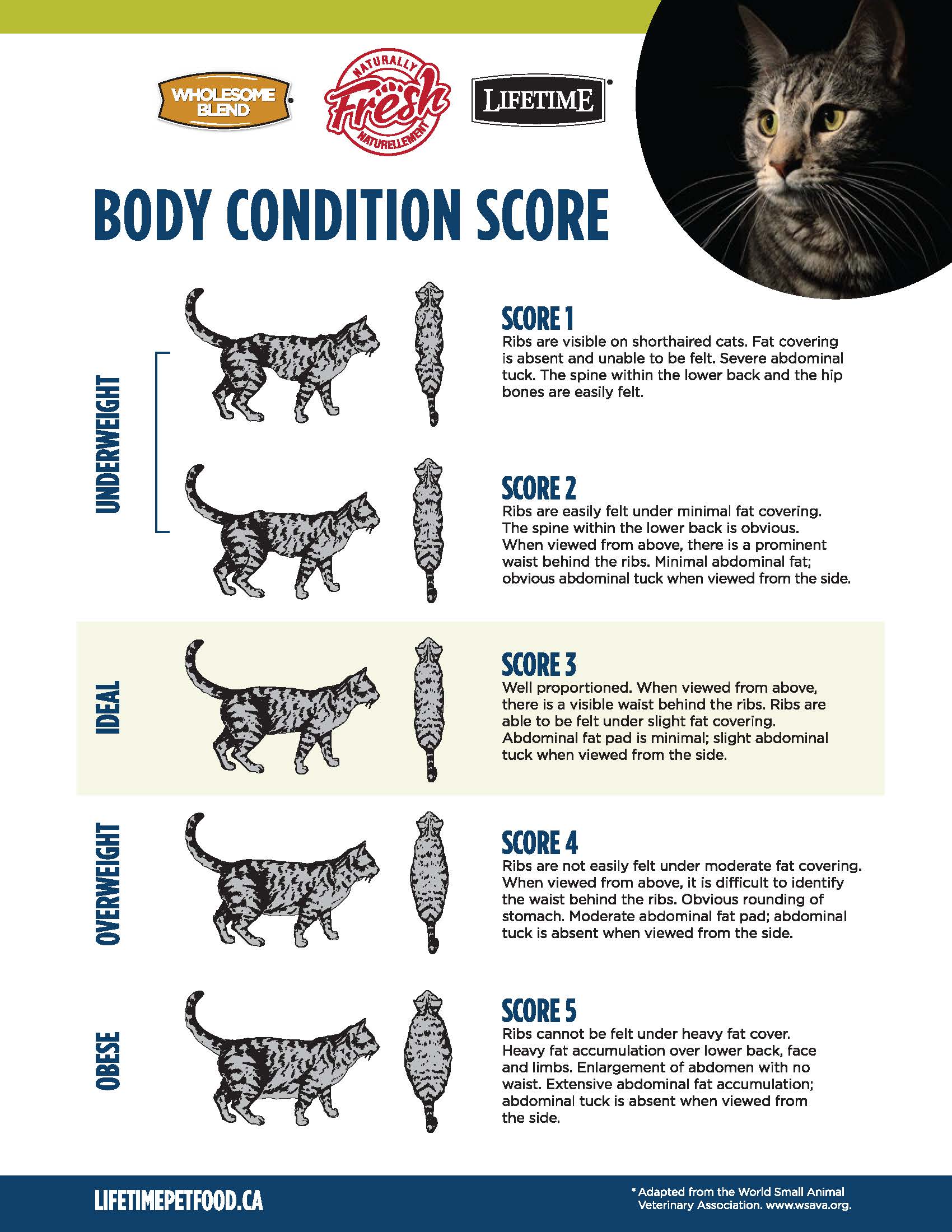Exploring the Role of Nutrition on Your Pets Weight
- Nutrition
- Dog
- Cat
Did you know that more than 50% of pets are considered overweight or obese?
Maintaining a healthy weight is just as important for our furry companions as it is for us. An ideal weight not only contributes to a longer and happier life but also reduces the risk of various health issues such as joint problems. Just like in humans, achieving and maintaining a healthy weight in pets is a combination of factors with nutrition and diet playing a crucial role.

Treats and Snacks:
It's undeniable that our hearts melt when we share a treat or snack with our beloved pets. However, every treat, no matter how small, counts as extra calories towards their diet. While offering your cat a piece of cheese (15 grams) or your dog a couple of slices of salami might seem harmless it's the equivalent to you eating two cheeseburgers. What seems like a minor snack to us is comparable to an unbalanced and nutritionally lacking meal for your pet. Choose low-calorie treats or consider using a portion of your pet's regular food as treats during training. It's recommended that treats should not exceed 10% of your pet's daily calorie intake.
Portion Control
Portion control is a key aspect of managing your pet's weight. Overfeeding, even with high-quality food, can lead to weight gain over time. It's essential to follow feeding guidelines provided by pet food manufacturers. Companion animal nutritionists calculate feeding guidelines based off the diet’s nutrient density, kibble density and the pet's specific requirements in accordance with established dietary recommendations. It's important to remember that estimating portions can be problematic, as it's easy to unintentionally overfeed or underfeed your pet. To avoid this, it's best to precisely measure your pet's kibble when portioning their meals. Using a designated measuring cup or scale can help ensure accuracy in feeding. While following a weight management diet, regular monitoring is essential.
While your pet is on a weight management diet, regular monitoring is crucial. Keep an eye on their progress, overall health, and activity level. If you notice any significant changes, consult with your veterinarian promptly. Adjustments to the feeding plan may be necessary based on your pet's individual needs and response to the weight management program. Regular check-ins with your veterinarian can help ensure that your pet's dietary and exercise needs are being met, promoting their long-term health and happiness.
One such way to evaluate your pet’s weight is knowing their body condition score (BCS). Veterinarians can assess your pet's current weight and body composition and provide guidance on the appropriate target weight or body condition score. This information will serve as a valuable reference point for your pet's weight management journey. For a more detailed understanding of your pet's body condition, you can refer to Body Condition Score (BCS) charts, such as the one provided below, which provide visual guides to assess whether your pet is at an ideal weight, underweight, or overweight. These charts can be valuable tools in helping you track your pet's progress and make informed decisions about their diet and lifestyle.
 |
 |
Diet
Pet weight management food is specially designed to help pets either lose or maintain a healthy weight. These foods are formulated to address the unique nutritional needs of pets that are overweight or prone to weight gain.
Weight management foods maintain a lower calorie content compared to standard pet food, ensuring that our four-legged friends receive necessary nutrients while consuming fewer calories. Additionally, these foods are nutrient-dense, meaning they provide essential vitamins, minerals, and other nutrients even within the context of reduced calories. This prevents nutrient deficiencies while effectively managing calorie intake.
High levels of dietary fiber go hand in hand with weight management foods. This fiber content promotes prolonged feelings of fullness in pets, reducing their tendency to overeat and contributing to successful weight loss. Moreover, these foods often contain a higher proportion of lean protein to fat. Lean protein is essential for preserving muscle mass during weight loss and contributes to the feeling of satiety.
In line with their purpose, weight management formulas have reduced fat content. Some weight management foods also include additional nutrients like L-carnitine, which aids in fat metabolism and supports the weight loss process. L-carnitine assists in the transport of fatty acids (the building blocks of fat) into the mitochondria of cells where they can be burned and used for energy. This means that L-carnitine could enhance the usage of stored fat for energy which is essential for weight loss in overweight pets. Other potential benefits of L-carnitine in the diet include:
- Assisting your pet in maintaining their energy levels even whilst on a calorie restricted diet
- Lean muscle preservation as L-carnitine assists in ensuring that fat is the primary energy source instead of the body breaking down muscle tissue for energy.
- Enhanced overall metabolic health by helping to regulate blood sugar levels and improve insulin sensitivity which is important for dogs at risk of or dealing with obesity.
We love our pets no matter their size, but a healthy weight is a cornerstone of your pet's overall well-being and quality of life. Nutrition and diet play pivotal roles in achieving and maintaining this healthy weight. If your furry friend is steadily gaining or losing weight despite your efforts to curb their weight loss or gain it may be best to consult with a veterinarian to rule out diseases and health conditions. Providing a balanced diet, practicing portion control, and seeking veterinary guidance when necessary are essential steps to ensure that your furry friend lives a long, active, and happy life.